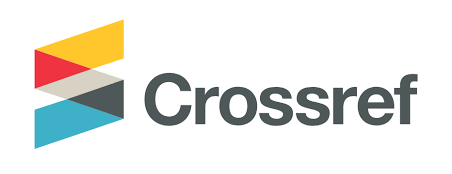The Effectiveness of the Differentiation Approach in Accommodating Students' Learning Styles in Inclusive Classrooms
Keywords:
Differentiated learning, learning style, inclusive classroomAbstract
This study aims to evaluate the effectiveness of differentiated learning approaches in accommodating different learning styles of students in inclusive classrooms. In the context of education that increasingly emphasizes the principle of inclusivity, the diversity of learning styles, abilities, and needs of students is a challenge for teachers in designing effective teaching strategies. This study uses a descriptive qualitative approach through literature studies and empirical data analysis from various relevant sources. The results of the study show that the application of differentiated learning is able to increase students' active participation, motivate them to be involved in the learning process, and has a positive impact on the achievement of learning outcomes. By customizing the content, processes, products, and learning environment, teachers can create a more personalized and meaningful learning experience for each individual. In addition, this approach also contributes to building a supportive, collaborative, and inclusive classroom atmosphere. However, the effectiveness of implementation is greatly influenced by factors such as limited time, resources, and teachers' competence in designing and implementing differentiated learning.
Downloads
Published
Issue
Section
License
Copyright (c) 2025 Kader Jaelani (Author)

This work is licensed under a Creative Commons Attribution-ShareAlike 4.0 International License.






